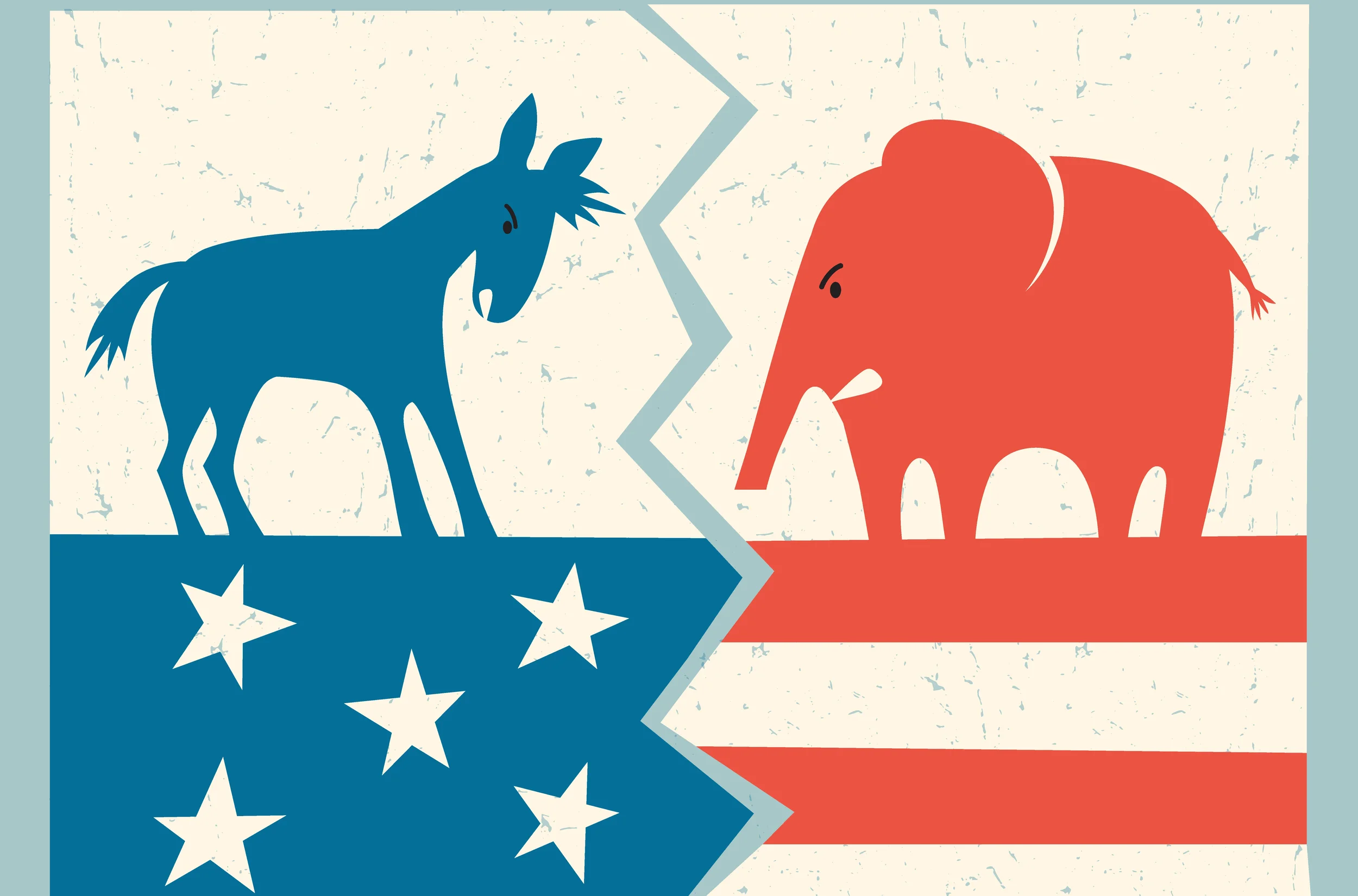
Party Foul: How Political Identity Shapes Anti-Semitism
Anti-Semitism is a historical and moral term; one loaded with perceptions and prejudices. Called the “longest hatred,” this term has been used throughout history to describe attempts by Christians and others to commit violence against Jews because of their religion.Recent research has shown an increase in anti-Semitism due to its prevalence in conservative and progressive media outlets (Becker, 2020). The term seems to be a catch-all for Pro-Palestine protests, white supremacy, and outright hate speech. The definition also seems to change as you shift from conservative rhetoric to progressive rhetoric. How does one’s political party affect one’s likelihood to commit anti-Semitism?

Law and Cryptocurrency Across International Markets: An Overview
Beginning in 2008 with the formation of Bitcoin, the cryptocurrency market has slowly taken the world by storm. Initially entirely unregulated, these currencies like Ethereum and Bitcoin offered ICOs much like securities’ IPOs with no legislation involved, leading to a prevalence of scamming and fraud. Alongside this rise has come the DeFi movement, arguing for decentralized finance internationally. This mediates any involvement from banks, brokerages, or exchanges when exchanging public currency, thus removing any barrier for potential fraud.

What Was I Made For?
Billie Eilish asks a pivotal question in the credits of Barbie, a movie tackling feminism in all its facets. “What was I made for?” The song starts in a melancholy sort of fashion, then ends in the resolute lines “Think I forgot how to be happy/Something I’m not, but something I can be.” She’s answering her earlier question. The entire existence of humanity is for the achievement of happiness.

Nature and the “Bonum Vitae”
Human nature is a measure of inclination. What is our natural disposition or reaction to the array of things life throws our way? Through the study of philosophy, morality was determined as a way to measure the rightness or wrongness of these reactions. Determining that our actions are controllable, Plato saw an objective morality looming over our heads. Alignment with this precedent would result in natural benefits, as this morality was as natural as the rain or dirt underfoot.